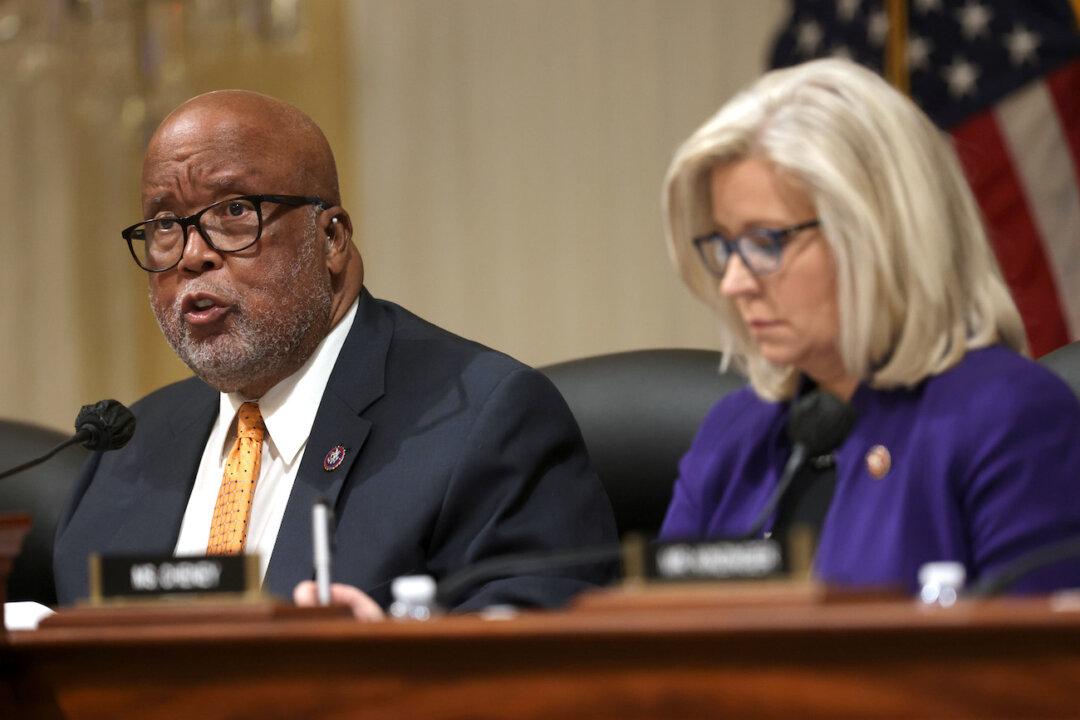The House select committee investigating the Jan. 6 breach of the U.S. Capitol announced Friday it issued subpoenas to 14 people in seven swing states who participated in casting alternative slates of Electoral College votes for President Donald Trump in December 2020.
A release from the Jan. 6 committee said it is “seeking information from individuals who met and submitted purported Electoral-College certificates in seven states: Arizona, Georgia, Michigan, New Mexico, Nevada, Pennsylvania, and Wisconsin.”




